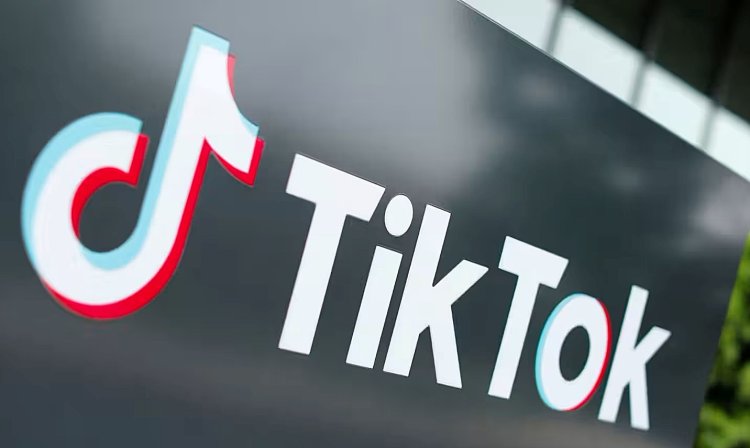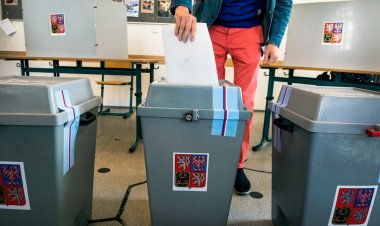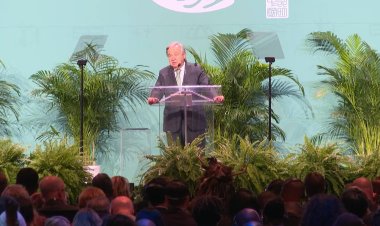U.S. court denies TikTok's bid to block ban

A significant legal setback hit TikTok as a US appeals court rejected the company's emergency request to temporarily block legislation requiring Chinese parent company ByteDance to divest from the popular social media platform by January 19, 2024, or face a nationwide ban.
The ruling, issued by the US Court of Appeals for the District of Columbia, came in response to an emergency motion filed by TikTok and ByteDance on December 9. The companies now face a race against time to appeal to the Supreme Court in their attempt to prevent the impending ban.
The legislation, signed into law by President Biden, grants the US government broad authority to ban foreign-owned apps deemed concerning for American data collection. TikTok, serving more than 170 million monthly users in the United States, argues that the Justice Department has misrepresented its ties to China, emphasizing that its content recommendation engine and user data are stored on US-based Oracle cloud servers.
The US Justice Department maintains that Chinese control over TikTok poses an ongoing national security threat, despite the company's assertions that content moderation decisions affecting US users are made domestically.
Legal experts anticipate the Supreme Court may consider the case due to its unprecedented questions regarding social media, national security, and First Amendment rights. TikTok is also looking toward President-elect Donald Trump, who has promised to "save" the platform during his campaign.
The D.C. Circuit Court noted in its unsigned order that there was no precedent for enjoining an Act of Congress from taking effect while Supreme Court review is sought, following a rejected constitutional challenge.
If the law stands, TikTok warns it will cease operations by January 19, just one day before Trump's scheduled return to office. The company's fate now hangs in the balance as it prepares its Supreme Court appeal, while the Justice Department maintains that the current timeline was specifically designed to allow for Supreme Court review before the law's implementation.















